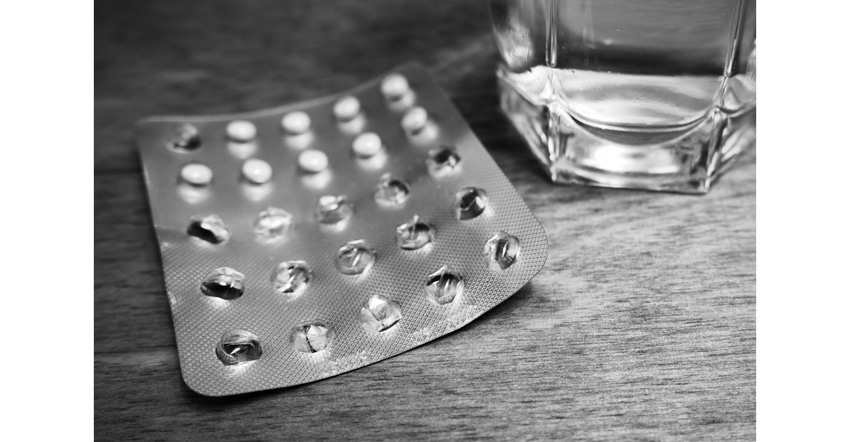5 Pharma Companies Fined €13.4M Over Price Fixing
The European Commission has issued the firms with fines after they were found to have worked together to fix the sales of an antispasmodic drug.
October 20, 2023

On the heels of the new ConsumerShield report revealing Big Pharma companies paying out billions in fines since 2010 comes a news of five pharmaceutical companies being fined €13.4 million (USD $14.1 million) by the European Commission (EC) as part of an antitrust cartel settlement revolving around a key ingredient for the antispasmodic drug, Buscopan.
The EC has confirmed that Alkaloids of Australia, Alkaloids Corp., Boehringer, Linnea, and Transo-Pharm all admitted involvement in the cartel and agreed to settle the investigation with the fine.
A sixth company, C2 Pharma, was also involved but was not fined, as it revealed the cartel to the EC under the leniency programme, and avoided a fine of around €807,000.
Transo-Pharm and Linnea received a fine reduction for their cooperation with the Commission's investigation. The reductions reflect the timing of their cooperation and the extent to which the evidence they provided helped the Commission prove the existence of the cartel in which they were involved.
The EC investigation revolved around N-butylbromide scopolamine/ hyoscine (SNBB), an important input material used to produce the abdominal antispasmodic drug Buscopan and its generic versions.
The investigation found that the six companies had coordinated and agreed to fix the minimum sales price of SNBB to customers, as well as allocate quotas. Additionally, the six companies exchanged commercially sensitive information.
In a statement, the EC said that the investigation revealed the existence of a single and continuous infringement in the European Economic Area, spanning from November 1, 2005, to September 17, 2019.
“Today, we impose a fine on companies for illegally coordinating prices and allocating quotas for an active pharmaceutical ingredient used to produce widely prescribed drugs," said EC Commissioner Didier Reynders. "This is our first cartel decision in such an important sector, where competition is essential to provide access to affordable medicines.”
The EC’s investigation was brought about by an application under the 2006 Leniency Notice submitted by C2 Pharma in April 2019. The Commission’s Leniency programme gives companies the opportunity to disclose their participation in a cartel and cooperate with the EC during an investigation. As a result, C2 was able to avoid the fine.
When setting the €13.4m fine, the EC took into account the value of SNBB sales relating to the infringement, the nature of the infringement and its multifaceted features, its geographic scope, and its duration.
This was the first time that the European Commission has sanctioned a cartel in the pharmaceutical sector, as well as in relation to an active ingredient.
About the Author(s)
You May Also Like




